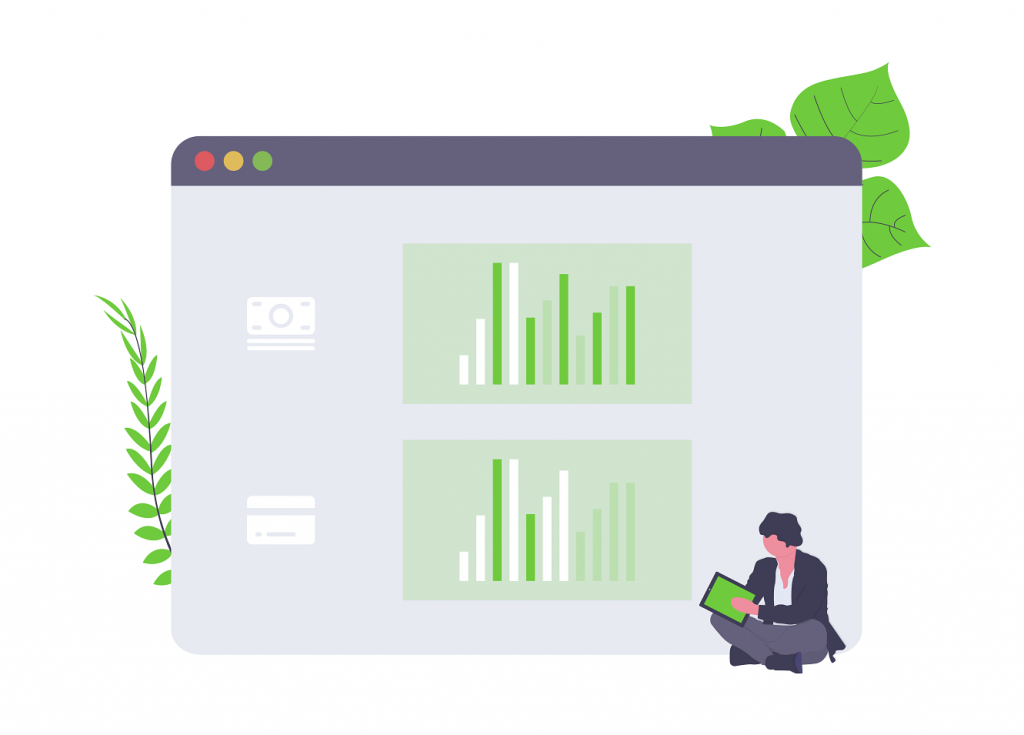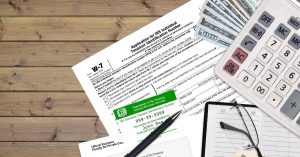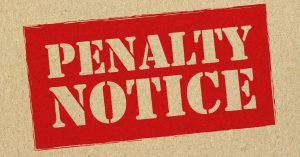As a sole proprietor, you tend to make your own path when it comes to how you run your business. In the world of taxation, however, there are a few unique challenges that a sole proprietorship can face.
Before you file business and personal taxes this year, it’s crucial to understand how Sole Proprietorship taxes work.
Read on to learn more about the unique challenges many business owners face and how you can avoid mistakes when it comes time to prepare and file your annual taxes.

How do Sole Proprietorship Taxes Work?
In a standard business, you’d file separate taxes for the business entity itself. With a sole proprietorship, however, your business taxes are filed as a supplement to your personal taxes.
This type of taxation is referred to as “pass-through taxation” by the IRS since the tax liability belongs to you as the owner, and it’s passed through to your personal tax return. When you go to file, you’ll need to include specific forms along with your standard return.
The reason these taxes are different is that you are operating as your own business entity as an individual. That means you are left holding the bag if you owe at the end of the year or if you’re under scrutiny with an audit.
When you file your annual return, you’ll include a form called a Schedule C. This will go along with the standard 1040 all together when you file the return with the IRS.

Tax Liability as a Sole Proprietor
When you work as a traditional employee, your employer takes out your income taxes for you. However, when it comes to Sole Proprietorship taxes, you are responsible for paying your taxes directly to the IRS.
The trick to filing your taxes correctly is determining what your actual profit or income is. The IRS taxes you based on your profit as a business, which means it may increase your personal income and potentially put you in a different bracket.
Any income taxes that you pay as a sole proprietor are not considered expenses, which is also important to note. The payments you make are actually considered to be distributions of equity.
In order to ensure that you’re paying your taxes as you should, money should be set aside to make quarterly payments. If you make a certain amount of money each week or month, be sure to take a percentage of that and put it in a separate account so it can go toward quarterly tax payments.
These quarterly payments are not considered an expense by the IRS, so keep that in mind. These are considered “owner’s draws” that simply come out of your business income.

Deductions
In order to decrease your taxable income or profit, there are several items you may deduct as a sole proprietor of your business. If you work from home and use a portion of your home as an office, you may deduct a certain percentage of that on your annual tax return.
Any equipment or office supplies you purchase such as a new computer or office furniture may also be deducted. Make sure you keep all receipts and that anything you buy and claim is used only for the purpose of doing business.
If you need to travel to meet a client or potential customer, you may deduct your business mileage, even as a sole proprietor. This is a common deductible that many small business owners tend to overlook.
Monthly payments to things like software memberships and other recurring billing can also be added to your list of business deductibles. Even something as small as a ream of office paper can be deducted, as long as it’s used for your business only.

Tax Tips for Sole Proprietors
Filing your taxes as a sole proprietor may seem intimidating and challenging at first. This process involves a lot of paperwork and information that you’ll need to keep track of.
Make Your Quarterly Payments Before the Due Date
This is to help avoid additional fees and interest. This is one of the most important things you can do as a sole proprietor to avoid owing money to the IRS at the end of the year.Get Professional Help in Reviewing Before Filing
There are lots of helpful online calculators that can assist you in figuring out how much money you’ll need to pay each quarter, but if you’re unsure or you’re not feeling confident, it’s always the best idea to consult with an accountant or tax attorney who can guide you through the process.Keep Track of All Expenditures
Always keep your receipts and file them by year or month so you can easily refer back to them if you need to. Keep good records of all the money you earn and then track it each quarter so you can pay your share as required. Your tax liability will vary depending on the type of business you own, how much money you make, and how much you can deduct.

Don’t Be Intimidated by Taxes
Once you understand the rules for Sole Proprietorship taxes, the process to file should be simple and streamlined. Always keep excellent records as you go, and pay your quarterly taxes on time.
If you’re ever in doubt about your filing status or your business’s tax liability, talk to an accountant or a tax attorney who can help to show you the way.
For more information about tax liability and other tax-related issues, visit our business tax tips archives and be sure to contact our team of tax attorneys with any questions or for a consultation today.








